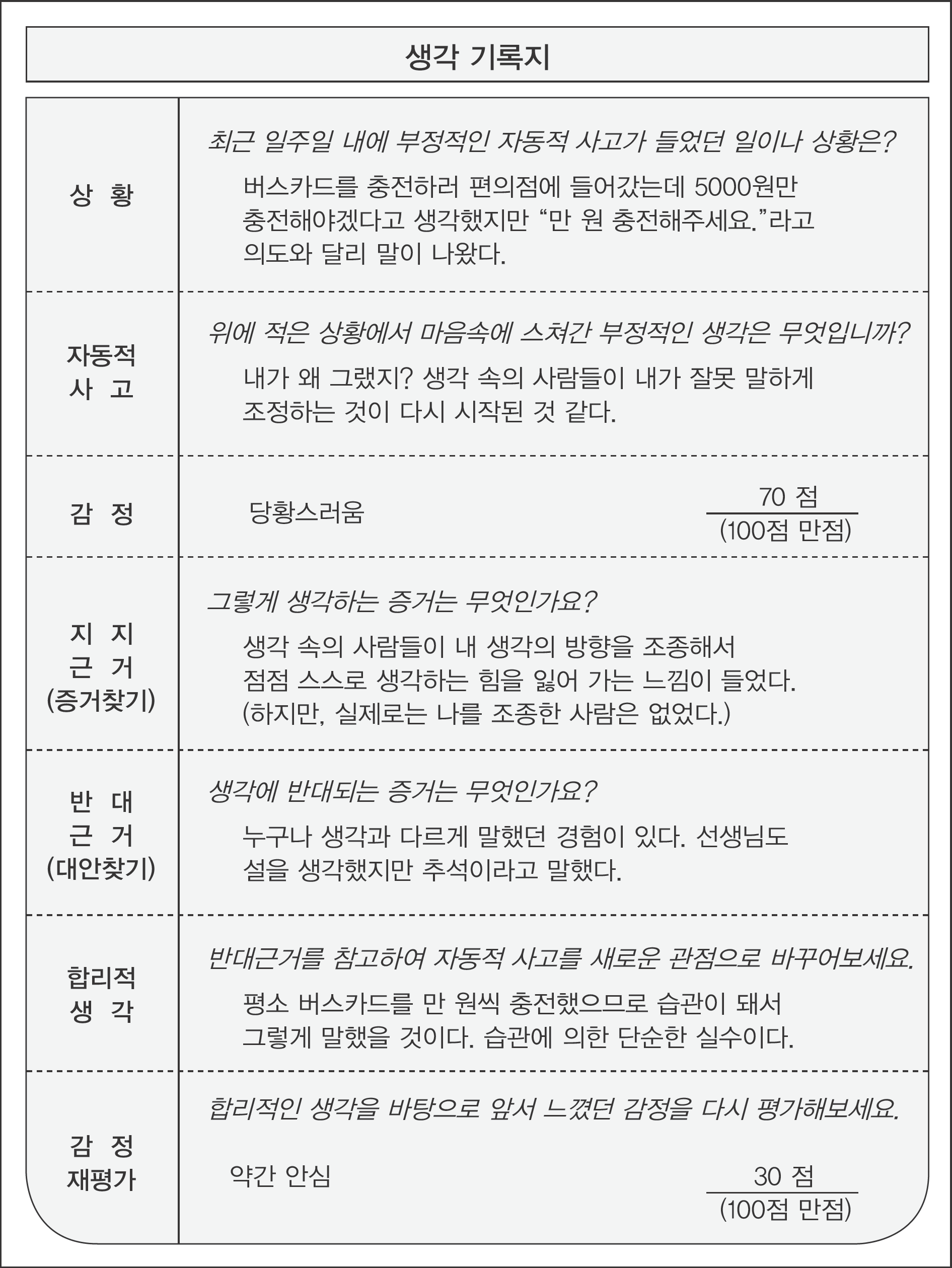Abstract
Intensive case management provided at the critical period following the onset of schizophrenia is crucial for early social and vo-cational recovery. We report the young schizophrenia patient who had been treated for 2 years but frequently relapsed and at-tempted suicide. After receiving cognitive behavioral case management from community mental health center, she has function-ally recovered without recurrence for 4 years. Collaboration between psychiatrists of hospital and case manager of community mental health center was very important factor that contributed to her functional recovery. Cognitive behavioral case management promoting coping skills and reducing perceived stress was effective on successful social adaptation even during the stress-ful situations. In conclusion, psychosocial management including cognitive behavioral case management at the early stage of schizophrenia is crucial to prevent the relapse and to recover patients’ function.
Go to : 
REFERENCES
1). Vallon KR, Foti ME, Langman-Dorwart N, Gatti E. Comprehensive case management in the private sector for patients with severe mental illness. Psychiatr Serv. 1997; 48:910–914.
2). Holloway F, Oliver N, Collins E, Carson J. Case management: A critical review of the outcome literature. Eur Psychiatry. 1995; 10:113–128.

3). 보건복지부 건강정책국 정신건강정책과. 2015년 정신건강사업 안내. 서울; 보건복지부;2015. 4) 정영철. 결정적 시기의 정신분열병 환자를 위한 정신사회적 중재. 초판. 서울: 학지사; 서울;2008.
5). Seoul Mental Health Center. TWO STEP: Social Treatment for Early Psychosis Program. Seoul. 2011.
6). Birchwood M, Todd P, Jackson C. Early intervention in psychosis. The critical period hypothesis. Br J Psychiatry Suppl. 1998; 172:53–59.
7). McGorry PD. The recognition and optimal management of early psychosis: an evidence-based reform. World Psychiatry. 2002; 1:76–83.
8). Álvarez-Jiménez M, Gleeson JF, Henry LP, Harrigan SM, Harris MG, Killackey E, et al. Road to full recovery: longitudinal relationship between symptomatic remission and psychosocial recovery in firstepisode psychosis over 7.5 years. Psychol Med. 2012; 42:595–606.

9). Nelson B, Philips LJ, Bechdolf A, Francey SM. Cognitive Behav-ioural Case Management (CBCM) for the NEURAPRO-E study. Version 1. Orygen Youth Health: Melbourne;2008.
10). Thompson AD. The PACE Clinic Manual: A Treatment Approach for Young People at Ultra High Risk of Psychosis. Orygen Youth Health: Melbourne;2012.
11). Markulev C, McGorry PD, Nelson B, Yuen HP, Schaefer M, Yung AR, et al. NEURAPRO-E study protocol: a multicentre randomized controlled trial of omega-3 fatty acids and cognitive-behav-ioural case management for patients at ultra high risk of schizophrenia and other psychotic disorders. Early Interv Psychiatry 2015 [Epub ahead of print].
12). Kay SR, Fiszbein A, Opler LA. The positive and negative syndrome scale for schzophrenia. Schizophr Bull. 1987; 13:261–276.
13). Yi JS, Ahn YM, Shin HK, An SK, Joo YH, Kim SH, et al. Reliability and validity of the Korean version of the Positive and Negative Syndrome Scale. J Korean Neuropsychiatr Assoc. 2001; 40:1090–1105.
14). Morosini PL, Magliano L, Brambilla L, Ugolini S, Pioli R. Devel opment, reliability and acceptability of a new version of the DSMIV Social and Occupational Functioning Assessment Scale (SOFAS) to assess routine social functioning. Acta Psychiatr Scand. 2000; 101:323–329.
15). Lee JG, Seok JH, Lee JY, Lee KU, Kwak KH, Kwon JS, et al. A validation study of the Korean-version of the Personal and Social Performance scale. Korean J Psychopharmacol. 2006; 17:497–506.
16). Mizrahi R. Social Stress and Psychosis Risk: Common Neurochemical Substrates? Neuropsychopharmacology. 2016; 41:666–74.

17). Edwards J, Cocks J, Bott J. Preventive case management in firstepisode psychosis. McGorry PD, Jackson HJ, editors. The recognition and management of early psychosis. A preventive approach. Cambridge: Cambridge University Press;1999.
Go to : 
Table 1.
Biopsychosocial formulation of the case (‘5 P’ model)




 PDF
PDF ePub
ePub Citation
Citation Print
Print



 XML Download
XML Download